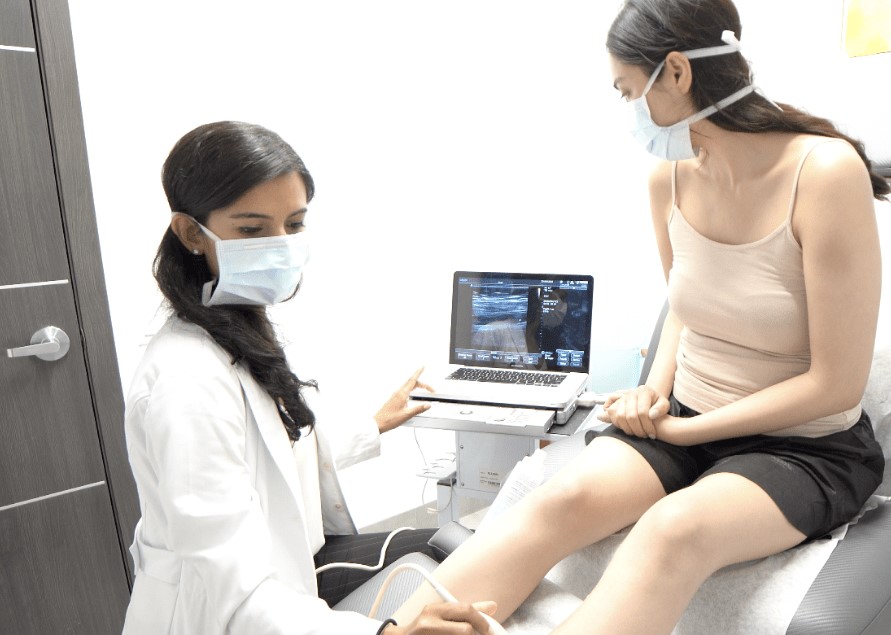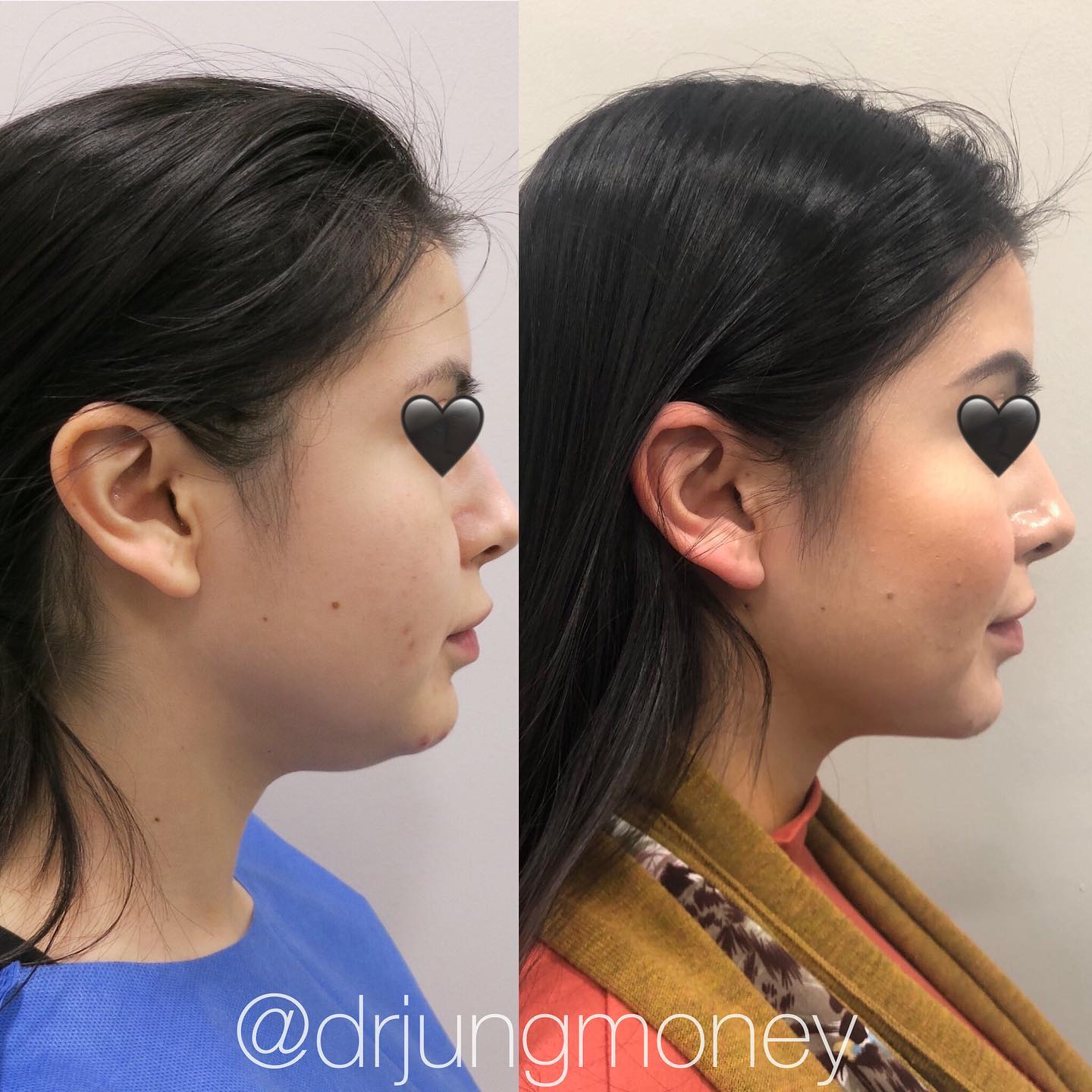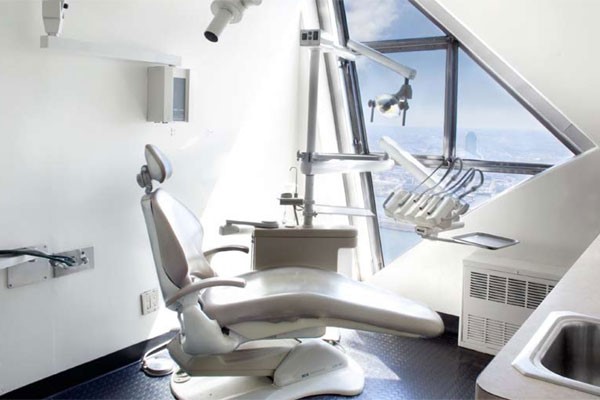Vein health plays a vital role in our overall well-being, yet many individuals overlook issues related to their veins until symptoms become severe. Understanding the type of doctor who treats veins and the available vein treatment near me options can significantly improve your vascular health and quality of life. In this guide, we’ll explore everything you need to know about vein specialists and effective treatments for vein-related conditions.
Why Should You See a Doctor for Vein Problems?
Ignoring vein issues can lead to serious health complications. Vein problems, such as varicose veins or spider veins, may seem like cosmetic concerns, but they can also signal underlying conditions like chronic venous insufficiency.
A vein specialist, often called a phlebologist or vascular surgeon, is trained to diagnose and treat these issues effectively. Seeking help early ensures better outcomes, prevents complications, and enhances your overall vascular health.
What Kind of Doctor Treats Veins?
Several types of medical professionals specialize in vein care:
Phlebologists
Phlebologists focus specifically on diagnosing and treating vein disorders. They are experts in handling conditions like varicose veins, spider veins, and chronic venous insufficiency using modern, minimally invasive procedures.
Vascular Surgeons
For more complex vein conditions, vascular surgeons provide surgical solutions. They address severe varicose veins, deep vein thrombosis (DVT), and other vascular issues requiring surgical intervention.
Interventional Radiologists
These specialists use imaging techniques to guide minimally invasive vein treatments. They are skilled in procedures such as endovenous laser therapy (EVLT) and sclerotherapy.
What Are the Common Vein Conditions That Require Treatment?
Understanding common vein disorders can help you determine when to seek professional care.
Varicose Veins
Bulging, twisted veins that typically appear on the legs, varicose veins can cause pain, swelling, and discomfort. Left untreated, they may lead to ulcers or blood clots.
Spider Veins
Smaller, web-like veins near the skin’s surface are often cosmetic concerns but can occasionally indicate venous insufficiency.
Chronic Venous Insufficiency (CVI)
This condition occurs when vein valves fail to function correctly, leading to blood pooling in the legs. Symptoms include swelling, cramping, and skin changes.
Deep Vein Thrombosis (DVT)
A serious condition where blood clots form in deep veins, DVT requires immediate medical attention to prevent complications like pulmonary embolism.
What Are the Advantages of Modern Vein Treatment Options?
Recent advancements in vein treatment offer safer, quicker, and less invasive solutions compared to traditional surgery. Here are some popular options:
Sclerotherapy
A solution is injected into affected veins, causing them to collapse and fade over time. This procedure is ideal for treating spider veins and small varicose veins.
Endovenous Laser Therapy (EVLT)
Using laser energy, this minimally invasive treatment targets and closes off problematic veins, rerouting blood flow to healthier veins.
Radiofrequency Ablation (RFA)
This technique uses heat generated by radiofrequency energy to seal damaged veins. It is a safe and effective method for treating varicose veins.
Ambulatory Phlebectomy
A minor surgical procedure where small varicose veins are removed through tiny incisions. This treatment is ideal for visible, bulging veins.
Compression Therapy
Compression stockings are often recommended as a non-invasive treatment or complementary therapy to reduce symptoms and improve blood flow.
How Do You Know If You Need Vein Treatment?
Identifying the symptoms of vein problems can help you decide when to seek medical care:
- Persistent leg pain, swelling, or cramping
- Visible varicose or spider veins
- Skin discoloration or ulcers near the ankles
- A heavy or achy sensation in the legs, especially after prolonged standing
- History of blood clots or DVT
If you experience any of these symptoms, consult a vein specialist for an accurate diagnosis and tailored treatment plan.
What Should You Expect During a Vein Treatment Consultation?
Visiting a vein doctor for the first time can feel intimidating, but knowing what to expect can ease your concerns.
Initial Examination
The doctor will review your medical history and perform a physical exam, often focusing on your legs and vascular system.
Diagnostic Testing
Tests like duplex ultrasound may be used to assess blood flow and identify problematic veins.
Treatment Recommendations
Based on your diagnosis, the doctor will discuss suitable vein treatment options, outlining their benefits and potential risks.
How Can You Prepare for Vein Treatment?
Proper preparation ensures the best outcomes from your vein treatment:
- Understand the Procedure
Discuss the treatment in detail with your doctor, including recovery time and aftercare requirements. - Follow Pre-Treatment Guidelines
Your doctor may recommend avoiding certain medications or activities before treatment. - Wear Comfortable Clothing
Loose-fitting clothes make it easier to access the treated area and ensure post-procedure comfort.
What Are the Benefits of Early Vein Treatment?
Treating vein issues promptly can prevent complications and improve your overall health. Here’s why early intervention is crucial:
- Improved Mobility: Relieve pain and swelling, making physical activities more comfortable.
- Enhanced Appearance: Minimize the visibility of varicose and spider veins for a smoother skin appearance.
- Reduced Risk of Complications: Prevent severe issues like ulcers, DVT, or permanent skin changes.
How to Find the Right Doctor for Vein Treatment?
Choosing the right specialist is key to successful treatment. Consider these factors:
- Experience and Qualifications
Ensure the doctor is board-certified in phlebology, vascular surgery, or interventional radiology. - Reputation
Read patient reviews and testimonials to gauge the doctor’s expertise and bedside manner. - Facility Accreditation
Look for clinics with state-of-the-art equipment and accreditation from recognized organizations. - Comprehensive Care
Select a doctor who offers a range of vein treatments tailored to your specific condition.
What Are the Costs of Vein Treatment?
The cost of vein treatment varies based on factors like the procedure type, location, and insurance coverage. Some treatments, especially for medical conditions, may be partially or fully covered by insurance. Always consult with your provider to understand your coverage options.
How Can You Maintain Healthy Veins After Treatment?
Post-treatment care is essential for long-term results. Here are some tips to keep your veins healthy:
- Stay Active: Regular exercise promotes blood flow and reduces the risk of vein problems.
- Wear Compression Stockings: If recommended, these can prevent blood pooling and support vein health.
- Maintain a Healthy Weight: Excess weight puts extra pressure on your veins.
- Avoid Prolonged Standing or Sitting: Change positions frequently to encourage circulation.
Conclusion
Understanding what kind of doctor treats veins and the available vein treatment options empowers you to take charge of your vascular health. Whether you’re dealing with minor spider veins or more severe varicose veins, seeking help from a qualified specialist can provide relief and prevent further complications. With advancements in modern vein treatments, achieving healthier, pain-free legs has never been easier. Prioritize your vein health today and enjoy the benefits of improved comfort and confidence.




